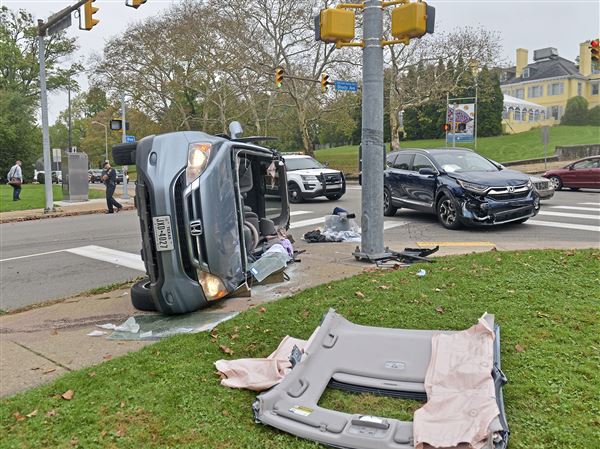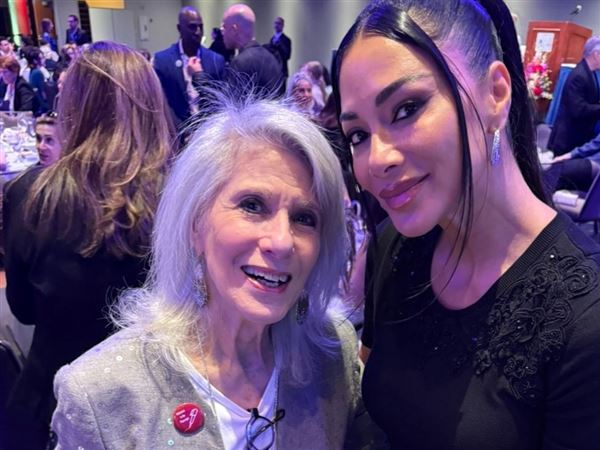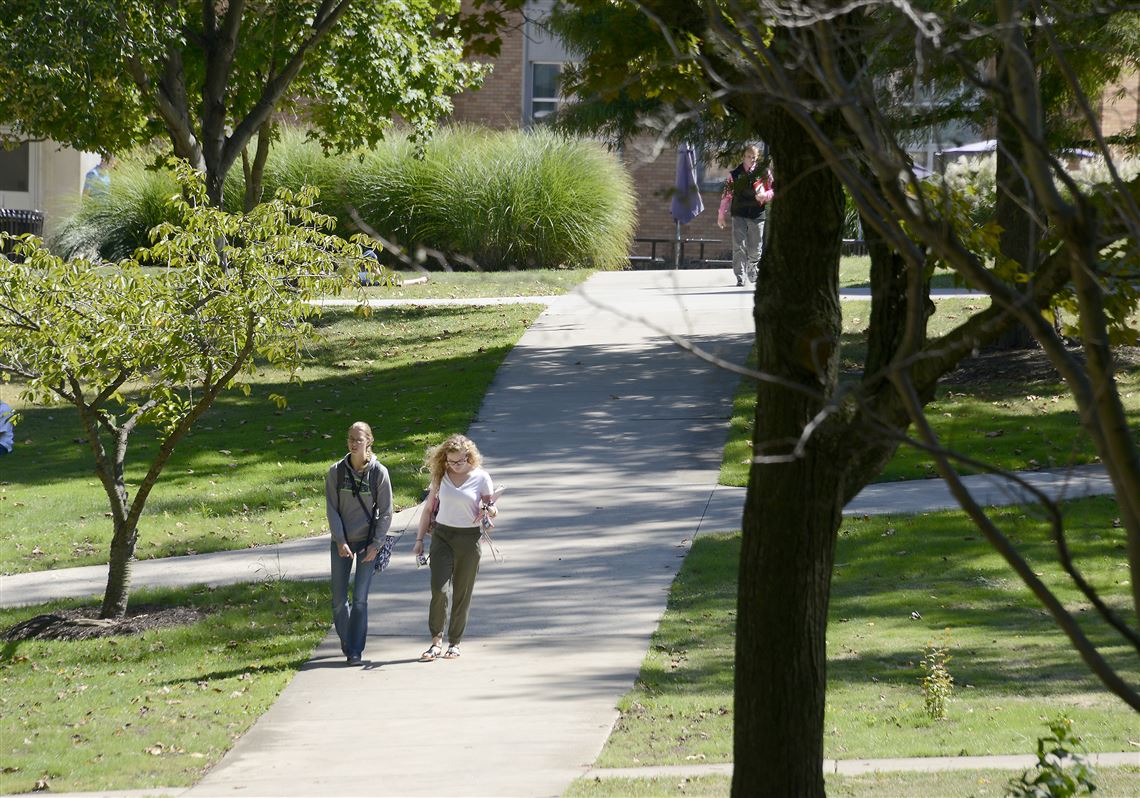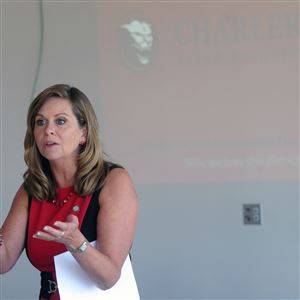On the first day of classes my freshman year, I walked into my second class of the day, picked a chair at the far corner of the table and counted the number of seats. And counted again.
Then I started getting nervous.
Coming from a larger public high school, I was used to classes crammed with 30 or more students. A seminar with 12 others, however, felt like a totally different beast. The role of silent observer was familiar and comfortable; active participation in front of a watchful professor was not.
Many universities, public and private, offer first-year seminar programs. Some are opt-in, like my school’s, and some are mandatory, but regardless, they are not to be missed. That second class, a literature seminar, is the best class I have taken at Yale. It’s the class that taught me how to succinctly verbalize my thoughts, how to participate in an academic debate and, most significantly, it gave me the confidence I needed to feel as though I could keep up at my university. As an added bonus, I picked up a few things about Greek tragedies, too.
Seminar-style classes take place in a unique environment. Because it’s a discussion-based class, a seminar greatly shifts the onus onto the students, who direct most, if not all, of the conversation. Students are expected to contribute at a higher frequency and quality than in a lecture course, so the workload tends to be greater and the course moves faster.
Plus, with so few students, there’s a different type of accountability, as the participants are beholden to each other as much as the professor. If one person doesn’t complete his or her reading, everyone will know. Collaboration is not only encouraged, but often is necessary.
But I’ve found that for all the nights spent poring over the same passage, the benefits of a seminar are unquantifiable. The relationships formed in such a class, both with classmates and the professor, are unrivaled.
Small classes lend themselves more to congeniality and closeness: it was not uncommon for my entire class to go to lunch together after class, and at the end of the semester, our professor invited us to her house for a pizza party.
Also, the round-table nature allows more students to contribute, opening the window for a greater number of perspectives. Due in part to the friendships my classmates and I formed, disagreements were always civil and, for the most part, illuminating. It wasn’t uncommon for me to exit a session with a completely different opinion of the readings than I had entering it.
The reasons against taking a first-year seminar can be as compelling as those to take it. There often will be general education requirements to fulfill and seminars tend to be more narrowly focused than introductory-level classes, something that might not appeal to an undecided freshman. And for students who don’t know if they are prepared for a college-level seminar, a freshman-year seminar can seem daunting.
I cycled through all of those reasons before signing up for my literature seminar.
Believe me, there were times when I regretted taking the course, which was immensely challenging. But come December, as I got on the plane to head home, I realized I wouldn’t change a thing. My writing, reading and speaking abilities improved immeasurably in just 12 weeks -— plus I got a free pizza party out of it.
Maya Sweedler, a former Post-Gazette intern, is a current junior at Yale University majoring in history.
First Published: October 6, 2016, 4:00 a.m.


















